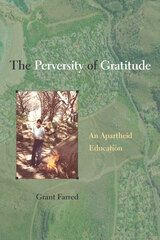16 start with C start with C
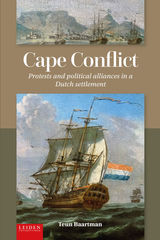
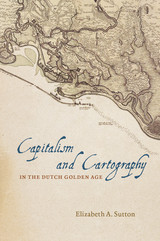
Building her exploration around the central figure of Claes Jansz Vischer, an Amsterdam-based publisher closely tied to the Dutch West India Company, Sutton shows how printed maps of Dutch Atlantic territories helped rationalize the Dutch Republic’s global expansion. Maps of land reclamation projects in the Netherlands, as well as the Dutch territories of New Netherland (now New York) and New Holland (Dutch Brazil), reveal how print media were used both to increase investment and to project a common narrative of national unity. Maps of this era showed those boundaries, commodities, and topographical details that publishers and the Dutch West India Company merchants and governing Dutch elite deemed significant to their agenda. In the process, Sutton argues, they perpetuated and promoted modern state capitalism.

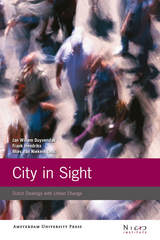
City in Sight presents recent scholarship on the various issues facing today’s Dutch metropolitan areas, including immigration and the growing diversity among the urban population, urban restructuring and neighborhood renewal, shifts in urban governance, and the promotion of active citizenship. With its wealth of information and up-to-date research, this text will appeal to scholars of urban politics and social history from all over the globe.

can see the start of profound social and economic changes in early modern
Amsterdam, Civic Charity in a Golden Age explores the connections
between the developing capitalist economy, the functioning of the government,
and the provision of charitable services to orphans in Amsterdam during
the seventeenth and eighteenth centuries, the period of the city's greatest
prosperity and subsequent decline.
Anne McCants skillfully interprets details of the orphanage's expenditures,
especially for food; its population; the work records of those who were
reared there; and the careers of the regents who oversaw it. The establishment
of the orphanage itself was called for by the changing economic needs
of rapidly expanding commercial centers and the potential instability
of a government that depended on taxes from a large, politically powerless
segment of the population.
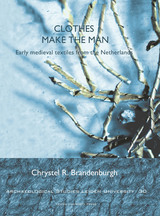
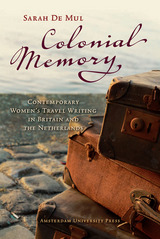
Exploring the intersections of memory, gender, and the postcolonial, Colonial Memory explores the phenomenon of colonial memory through the specific genre of women’s travel writing. Building on criticism of memory and travel writing, Sarah De Mul seeks to open Dutch literature to postcolonial themes and concepts and to insert the history of the Dutch colonies and its critical recollection into the traditionally Anglophone-dominated field of postcolonial studies.
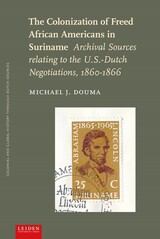
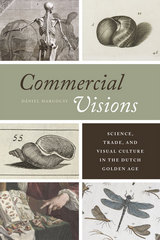
Margócsy introduces a number of natural historians, physicians, and curiosi in Amsterdam, London, St. Petersburg, and Paris who, in their efforts to boost their trade, developed modern taxonomy, invented color printing and anatomical preparation techniques, and contributed to philosophical debates on topics ranging from human anatomy to Newtonian optics. These scientific practitioners, including Frederik Ruysch and Albertus Seba, were out to do business: they produced and sold exotic curiosities, anatomical prints, preserved specimens, and atlases of natural history to customers all around the world. Margócsy reveals how their entrepreneurial rivalries transformed the scholarly world of the Republic of Letters into a competitive marketplace.
Margócsy’s highly readable and engaging book will be warmly welcomed by anyone interested in early modern science, global trade, art, and culture.
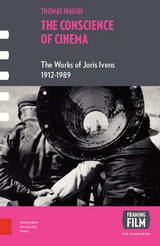
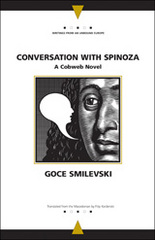
Smilevski's novel brings the thinker Spinoza and his inner life into conversation with the outer, all-too-real facts of his life and his day--from his connection to the Jewish community of Amsterdam, his excommunication in 1656, and the emergence of his philosophical system to his troubling feelings for his fourteen-year-old Latin teacher Clara Maria van den Enden and later his disciple Johannes Casearius. From this conversation there emerges a compelling and complex portrait of the life of an idea--and of a man who tries to live that idea.

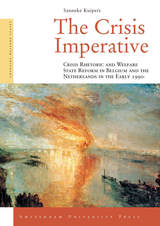
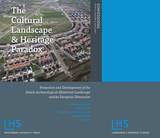
Increasingly, the role of heritage management is to anticipate and guide future environmental change rather than to simply protect landscapes of the past. This charge presents a paradox for those invested in the preservation of the past: in order to preserve the historic environment, they have to collaborate with others who wish to change it, and in order to apply their expert knowledge, they must demonstrate its benefits for policy and society. The solution advocated here is an integrative landscape approach that draws on multiple disciplines and establishes links between archaeological-historical heritage and planning and between research and policy.
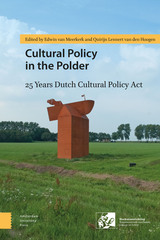
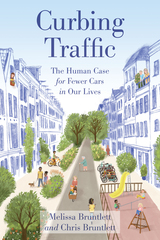
In Curbing Traffic: The Human Case for Fewer Cars in Our Lives, Melissa and Chris Bruntlett chronicle their experience living in the Netherlands and the benefits that result from treating cars as visitors rather than owners of the road. They weave their personal story with research and interviews with experts and Delft locals to help readers share the experience of living in a city designed for people.
In the planning field, little attention is given to the effects that a “low-car” city can have on the human experience at a psychological and sociological level. Studies are beginning to surface that indicate the impact that external factors—such as sound—can have on our stress and anxiety levels. Or how the systematic dismantling of freedom and autonomy for children and the elderly to travel through their cities is causing isolation and dependency.
In Curbing Traffic, the Bruntletts explain why these investments in improving the built environment are about more than just getting from place to place more easily and comfortably. The insights will help decision makers and advocates to better understand and communicate the human impacts of low-car cities: lower anxiety and stress, increased independence, social autonomy, inclusion, and improved mental and physical wellbeing.
The book is organized around the benefits that result from thoughtfully curbing traffic, resulting in a city that is: child-friendly, connected, trusting, feminist, quiet, therapeutic, accessible, prosperous, resilient, and age-friendly.
Planners, public officials, and citizen activists should have a greater understanding of the consequences that building for cars has had on communities (of all sizes). Curbing Traffic provides relatable, emotional, and personal reasons why it matters and inspiration for exporting the low-car city.
READERS
Browse our collection.
PUBLISHERS
See BiblioVault's publisher services.
STUDENT SERVICES
Files for college accessibility offices.
UChicago Accessibility Resources
home | accessibility | search | about | contact us
BiblioVault ® 2001 - 2024
The University of Chicago Press




